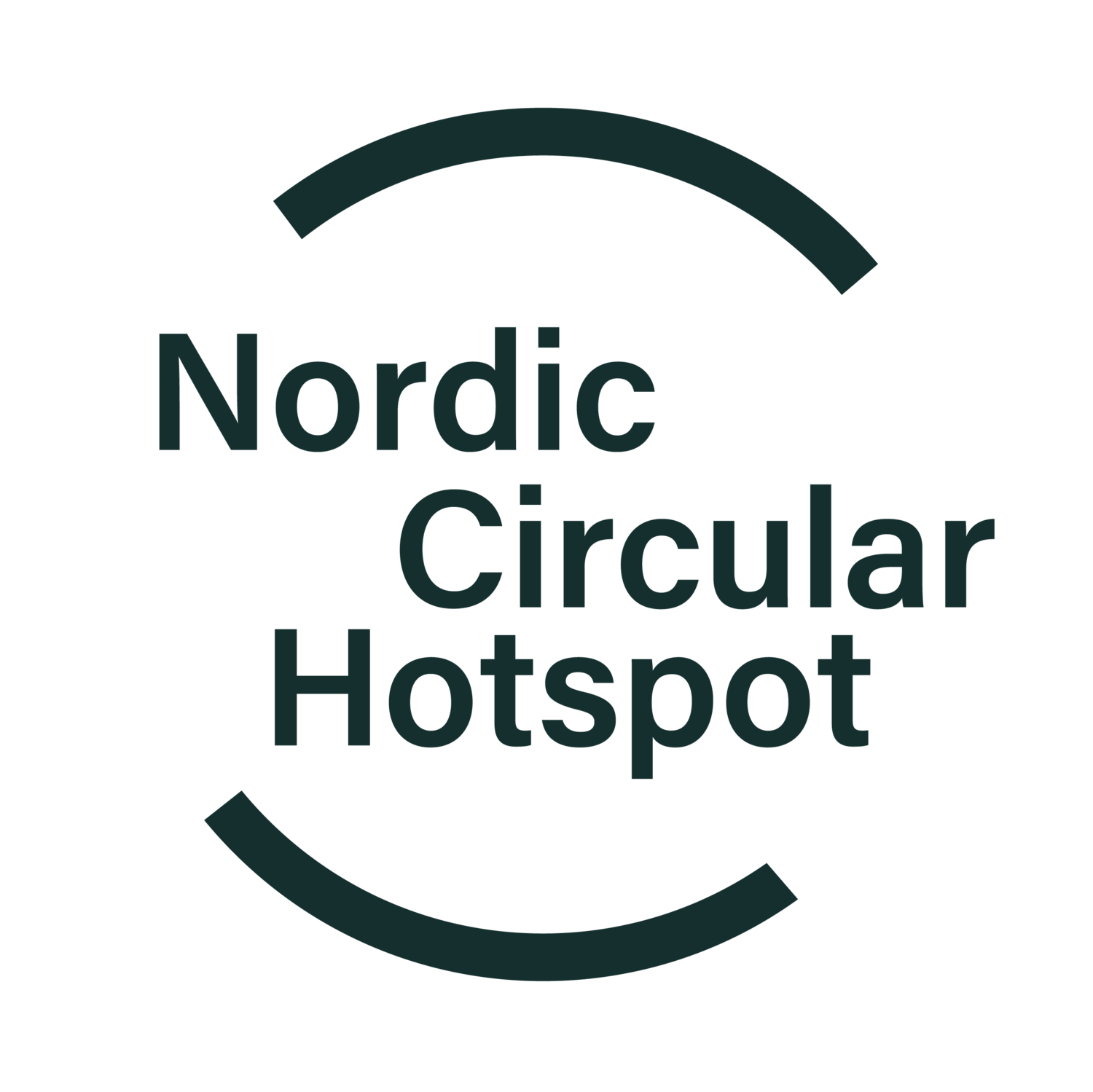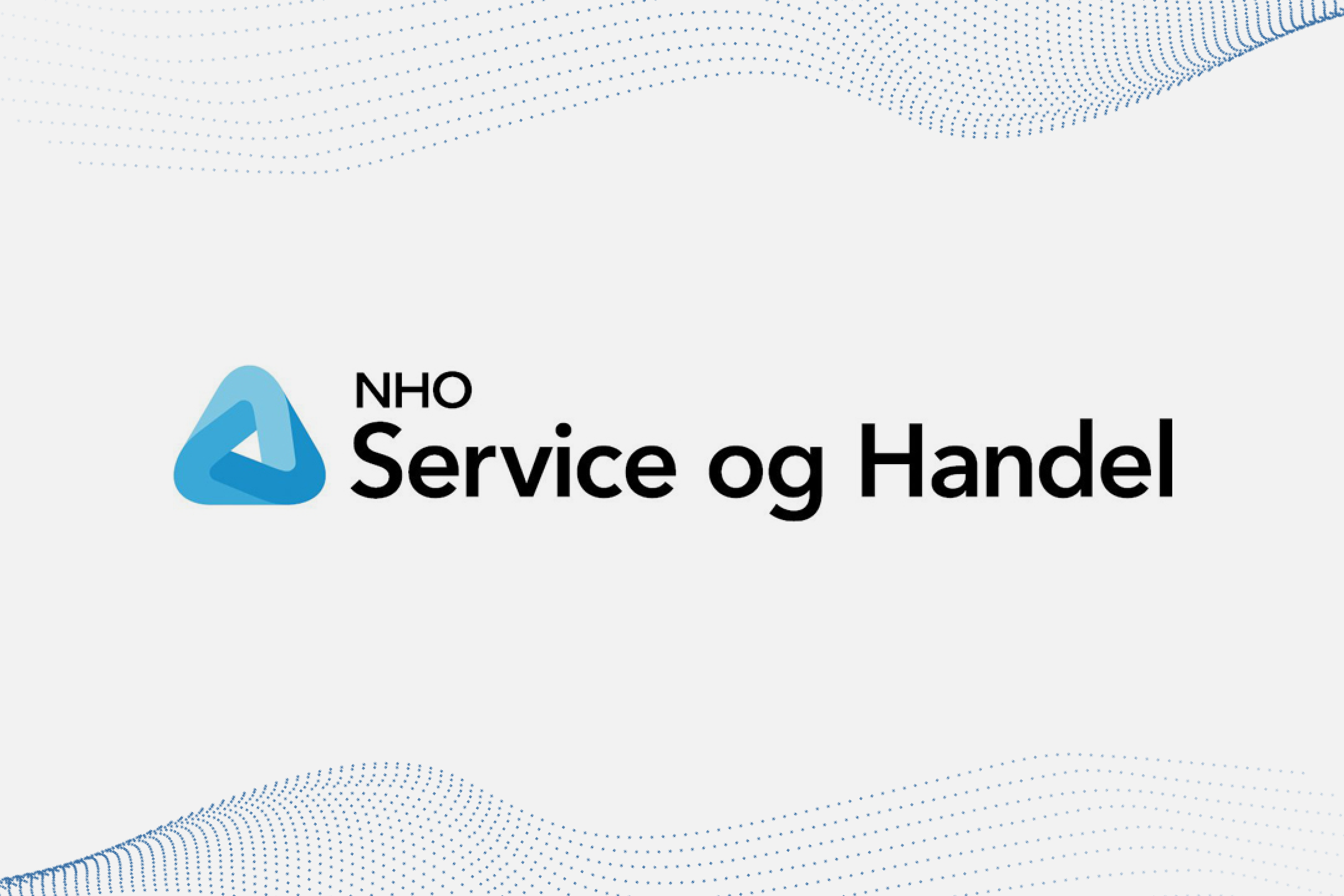Younger generation is a driving force in the circular transition
We spoke to Ella Turta, Secretary General of ReGeneration 2030, about why the circular economy is important and how the younger generation can be at the forefront of the transition. We also discussed how consumers need to be aware of the consequences of their habits and push companies to shift their business models in a sustainable and circular direction.
What are the key issues when talking about the circular economy?
For me, the key issue is making knowledge about the circular economy available and understandable to everyone. We need a paradigm shift. We need to broaden our understanding that the transition to a more circular economy is crucial if we are to reform consumption and production in a way that does not systematically exploit natural resources.
I think one of the biggest challenges when talking about the circular economy is that it is hard to reach people who are not already engaged. But raising awareness of the concept is crucial. We need public demand for companies to adopt more circular practices that will lead to changes in production and consumption.
One aspect that is often missing from this discussion is the engagement of young people. They must be familiar with the concept of the circular economy and grow up with a basic understanding of what it means. Instilling these values and ideas in the next generations will influence the jobs they train for and the future they want.
Are you seeing a generation gap emerging in relation to the circular economy?
The new generation is growing up in a society where it is indisputable that sustainability is an important issue, so we are seeing the rise of a generation that is very aware of sustainability and consider it a core value. This new generation will be the leaders, innovators and decision-makers of the future, which means that we are already fostering new types of leaders who will play an important role in the transition to a circular and sustainable society. My hope is that the new generation will have a different mindset compared to the business owners of today, who live in a bubble of “business as usual” and are driven primarily by profit. In the future, I hope that value-driven business will be the norm, rather than the exception – and this future depends on the norms and values that we instil in the leaders of tomorrow.
Who needs to step up to ensure a circular economy?
Everybody – individuals, organisations, businesses and politicians. The transition to a circular economy cannot happen without rethinking ownership and building new norms. This is why we at ReGeneration 2030 focus on educating young people, fostering new leadership and building norms around sustainable lifestyles. We aim to illustrate that we, the young, are taking individual and collective action to fast-track change while also emphasising that we need systemic change in order to lead genuinely sustainable lives.
So everyone has a responsibility, and change needs to happen at every level. But the critical decisions are made at a political level, which is why we need all stakeholders to push this topic higher up the political agenda. We talk a lot about green growth and green recovery, but the circular economy is seldom mentioned as a crucial tool in decoupling economic growth from environmental degradation. I think that just bringing the concept into play politically would help to raise awareness.
Photography by Devin Avery (Unsplash)
How has the recent state of emergency, lasting almost two years, affected opportunities for circular and nature-friendly systems?
Although the pandemic has been horrible in so many ways, it has also created a space for reflection and rethinking. We have seen how our governments have focused on handling the crisis. We can use this as an example of how many resources can be mobilised if we acknowledge that we face an urgent threat. I think that we should treat the ecological crisis as precisely that.
This is also an excellent opportunity to “build back better”. I’m glad to see that this type of thinking is occurring at the European political level, but what exactly does it mean to “build back better”? At ReGeneration 2030, we believe that establishing new norms and drastically rethinking our consumption habits are key. In many ways, the Nordic countries are frontrunners in sustainable development, but we are falling behind when it comes to implementing sustainable consumption and production. Moving away from a lifestyle of overconsumption will be a challenge for the Nordics, but there is an urgent need to step up and acknowledge that it is a question not only of making production sustainable but also of cutting it.
What is your message to the participants in the Nordic Circular Summit?
I think that it is really cool that the summit gives a lot of young people involved in civic society a louder voice and platform. What I hope to bring to the table is faith, to show that there is growing interest in these questions among young people who are willing to take the lead and engage as future leaders and entrepreneurs. I also want to stress how crucial it is that we need to act now – and that we need to act together. That is why I think the summit is a great platform, as it highlights the importance of partnership. Most importantly, I think that the main message from ReGeneration 2030 is that transitioning to a circular economy requires bold leadership and that young people are willing to show the way. We at ReGeneration have a vision of a more sustainable society and a plan for what we believe we need to do to get there. Our message to others is “step up or step aside”. We are ready to assume responsibility and take action.
Ella Turta recently spoke at the Nordic Circular Summit 2021 (November 23 - 26, 2021). Her contribution will be available as a video online soon. The Nordic Circular Summit, co-hosted by the Nordic Circular Hotspot and Nordic Innovation, is a four-day virtual summit bringing together leaders of society, business and government to discuss opportunities, barriers and promising practices in circular innovation and how to transition the Nordic region into a circular economy. The 2021 summit had a particular focus on youth leadership and culture in partnership with the youth movement ReGeneration 2030 Foundation and the CATALY(C)ST project.












